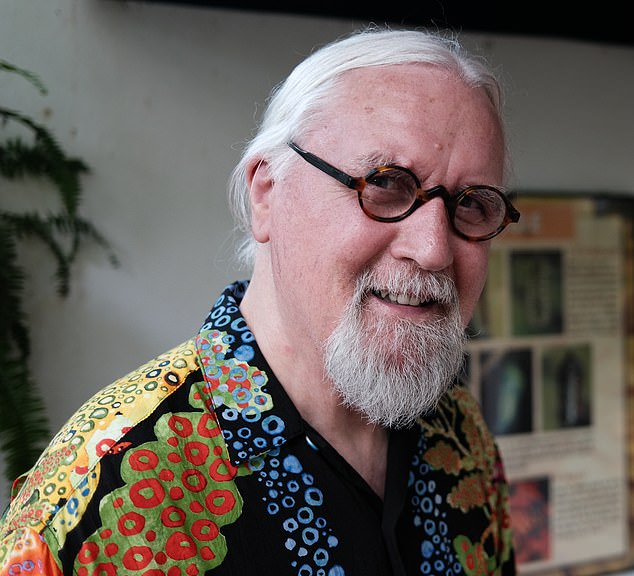- Doctors at the University of Dundee behind new technology that can help control tremors caused by diseases
- Global trial seen as ‘milestone for Scottish medicine’
Parkinson’s patients have been given hope of regaining their independence after a procedure to prevent tremors was carried out for the first time in Scotland.
Earlier this month, a team from the University of Dundee School of Medicine carried out ultrasound thalamotomy, a non-invasive procedure that can allow people living with the disease to control their movements.
The international clinical trial was hailed as a “milestone for Scottish medicine” by doctors at the university and a “miracle” by the patient who benefited from it.
It has been carried out on Parkinson’s patients elsewhere, but on a limited scale as the technology is not widely available, and has been carried out in Scotland on 60 patients living with essential tremor disorder in recent years.
Uncontrollable tremors are a symptom of Parkinson’s, an incurable disease, and are caused by reduced levels of dopamine in the brain.
Comedian Sir Billy Connolly was diagnosed with Parkinson’s disease ten years ago.
The incisionless procedure uses high-intensity focused ultrasound to create a lesion in a part of the brain known as the thalamus, which controls a person’s movements.
Ian Keir, 63, from Carnoustie, Angus, underwent the procedure this month and said he regained his independence.
The retired firefighter was diagnosed with Parkinson’s in 2018 after suffering two years of tremors in his right hand, and said the condition made him dependent on his wife for everyday tasks, but he can now return to writing and cutting his own food.
Mr Keir said: “At first it was very innocuous but I had no control over it. I had a feeling from my research that it was Parkinson’s.
‘As the years went by, my tremors got significantly worse. It was incredibly frustrating – I had to learn to eat with just a fork. Fortunately my wife is very understanding and was a great support to me.
“My handwriting was practically illegible; the tremors affected my right hand, but I never mastered writing with my left hand.
‘It feels like a miracle. My tremor has completely disappeared, it’s like I never had it. Now I can do exactly what I could do before.
‘I can pour a jug of water, my handwriting has returned and I can now do things without thinking about them beforehand. I can now cut my own food. Obviously I was nervous but the improvement was almost immediate.
“While I am aware that this does not cure Parkinson’s, it does cure some of my symptoms. I am very grateful and just want to make the most of every day.”
Comedian Sir Billy Connolly, 81, was diagnosed with the degenerative disease ten years ago.
The university is one of the world’s leading Parkinson’s disease research centers.
Dr Tom Gilbertson, consultant neurologist and honorary senior lecturer, said: ‘This is a historic moment for Scottish medicine.
“We have already witnessed the transformative impact that similar procedures have for patients living with essential tremor, so replicating that for those with Parkinson’s, who may never have dreamed of having such control of their movements again, is a great privilege.
‘We are well versed in performing thalamotomy, having been working with patients with essential tremor for several years.
‘However, we never fail to recognize the importance of what we are doing and the impact it has on the lives of our patients.
‘The university is recognized globally as a leader in Parkinson’s disease research and occasions like this highlight the progress that is being made to help tackle this condition, which is one of the most pressing health challenges of our time.
“Ian is proof that the research being carried out here at the university is leading to breakthroughs that can transform the lives of Parkinson’s patients.”
■ Click here to visit the Scotland homepage for all the latest news and sport.

